Your cart is currently empty!
Introduction: Why Smart Homes Are Perfect for Malaysian Lifestyles
Picture this : You’re stuck in KL traffic after work, but your air conditioner kicks on automatically 30 minutes before you arrive. Your lights turn on to deter burglars during monsoon downpours. Your elderly parents in Penang can control their fans with voice commands.
This isn’t sci-fi—it’s a smart home (rumah pintar), and it’s transforming Malaysian households. In this guide, you’ll learn:
- How to start a smart home without breaking the bank (yes, even under RM1,000!)
- Devices that survive Malaysia’s humidity, power cuts, and Wi-Fi hiccups
- Real stories: How a family in Johor slashed energy bills by 40%
Chapter 1: What Exactly is a Smart Home? (And Why Malaysians Love It)
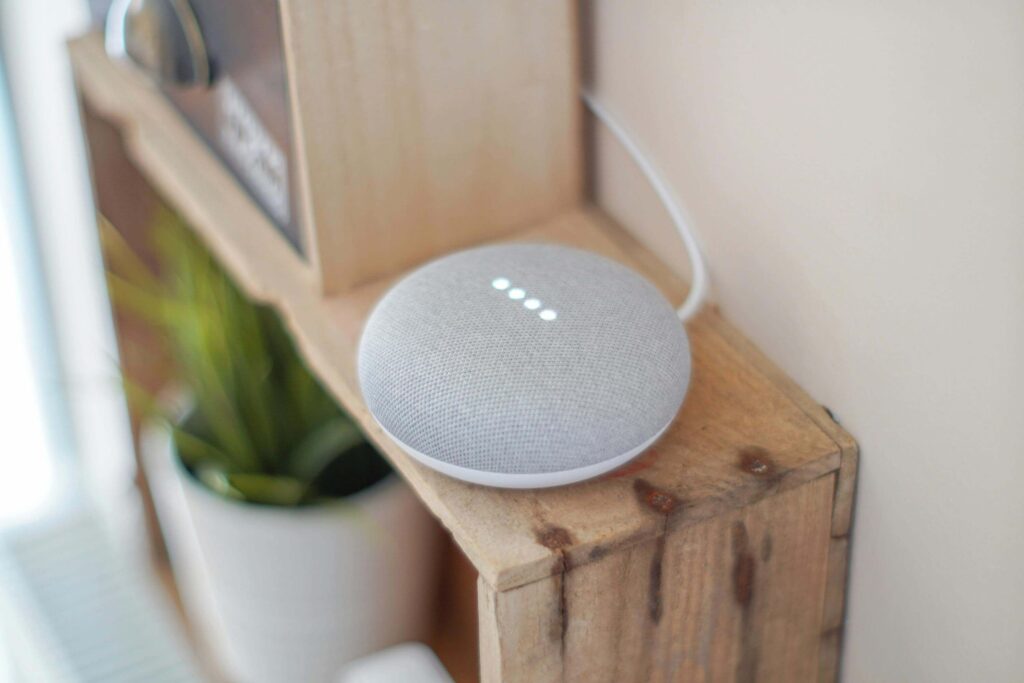
A smart home isn’t just for “rich people”—it’s a system of connected devices you control via phone or voice. Think:
- Security: Smart cameras that alert you durіng hujan lebat (heavy rain) floods.
- Savings: Automatically switch off ACs when windows open (bye, RM500 TNB bills!).
- Convenience: “Hey Google, turn on the porch light” while holding groceries.
Why Malaysia?
- Rising burglary rates? Smart locks with face recognition (popular in Shah Alam neighborhoods).
- Frequent blackouts? Devices with battery backups (we’ll recommend the best).
- Multigenerational homes? Voice controls help elderly parents.
Chapter 2: Smart Home Starter Kits for Every Budget
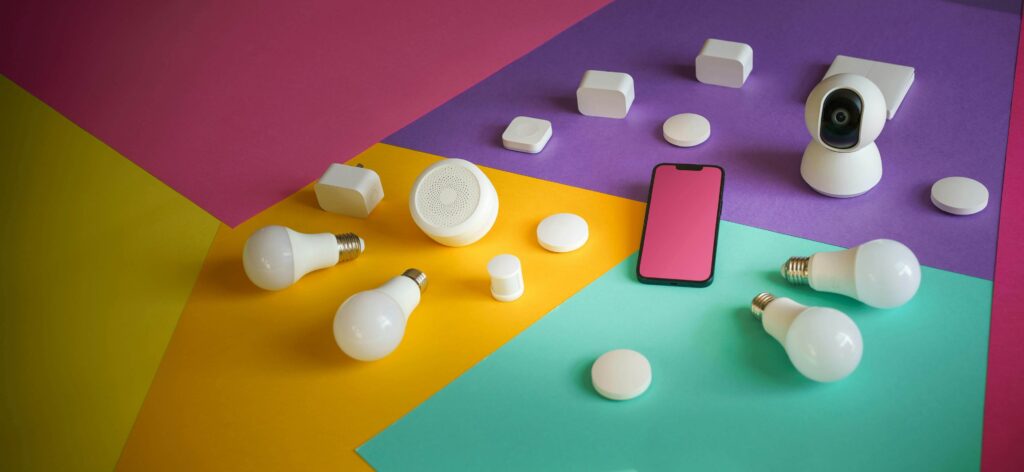
A. Budget-Friendly Setup (Under RM1,000)
-
Zigbee Lightbulb
RM50.00 -
Wall Switch Zigbee
Price range: RM50.00 through RM90.00 -
Xiaomi Smart Doorbell 3S
RM339.00
- Smart Switch (RM49+): Schedule fans/lamps remotely.
- Smart Doorbell (RM300+): Monitor pets during balik kampung trips.
- Elemen Light bulbs: Malaysia’s own Smart Bulbs compatible with Zigbee or Wi-Fi.
B. Mid-Range System (RM1,500–RM3,500)
- Smart aircon controllers (works with Panasonic & Daikin)
- Yale Smart Lock with MyKad-compatible RFID (no keys needed!)
C. Luxury Setups (RM10,000+)
- Whole-home automation (e.g., KL condos with centralized control)
- Solar-powered smart hubs for energy independence during blackouts.
Chapter 3: Devices Built for Malaysia’s Climate

(Keyword: “Smart home devices for tropical weather”)
Problem : Humidity kills electronics.
Solution :
- Garden sensors with IP66 waterproof ratings (perfect for rainy Penang).
- Dehumidifier-compatible smart plugs (auto-on when humidity hits 80%).
Problem: Unstable Wi-Fi (thanks, TM Unifi!).
Solution:
- Zigbee hubs (works without internet).
- Local tip: Place routers away from concrete walls (common in MY homes).
Chapter 4: DIY vs. Professional Installation
DIY (For Handy Malaysians):
- Best for: Renters, small setups (e.g., smart lights).
- Tools you’ll need: A Test Pen, A drill, more hardware tools, patience, and teh tarik.
Professional Help (Worth It For):
- Whole-home systems (e.g., wiring for smart curtains).
- Elemen.my’s Installation Service: Starting at only RM299. Ask for quotation.
Chapter 5: Real Stories from Malaysian Smart Home Owners
Case Study 1:
- Family in Subang Jaya: Cut RM200/month off bills by automating ACs + lights.
- Their setup: Samsung Windfree Aircond + Zigbee Wall Switches
Case Study 2:
- Retiree in Ipoh: Uses voice commands to control lights (easier with arthritis).
Chapter 6: FAQs (What Malaysians Really Ask)
Q: “Will smart homes work during blackouts?”
A: Most devices would not work. There are some devices with battery backups like Xiaomi Smart Doorbells.
Q: “What if my Wi-Fi (Internet) is slow?”
A: Use Zigbee/Bluetooth/Matter-enabled devices (no internet needed).
Q: “Bolehkah saya install sendiri?”
A: Ya! Kami ada video tutorials dan boleh video call dalam Bahasa Melayu.
Conclusion: Your Smart Home Journey Starts Here
Ready?
- Download our free checklist: “10 Must-Buy Smart Devices for Malaysian Homes“.
- Explore elemen.my’s bundles: Pre-configured kits for KL apartments, landed homes, etc.
- Book a free consultation: Our experts will design a system for your budget.

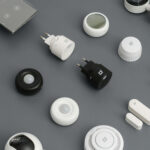

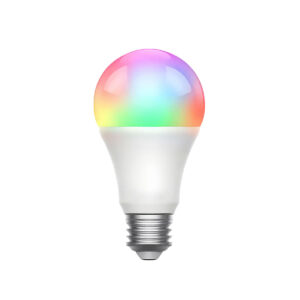

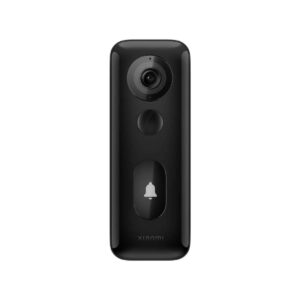
Leave a Reply